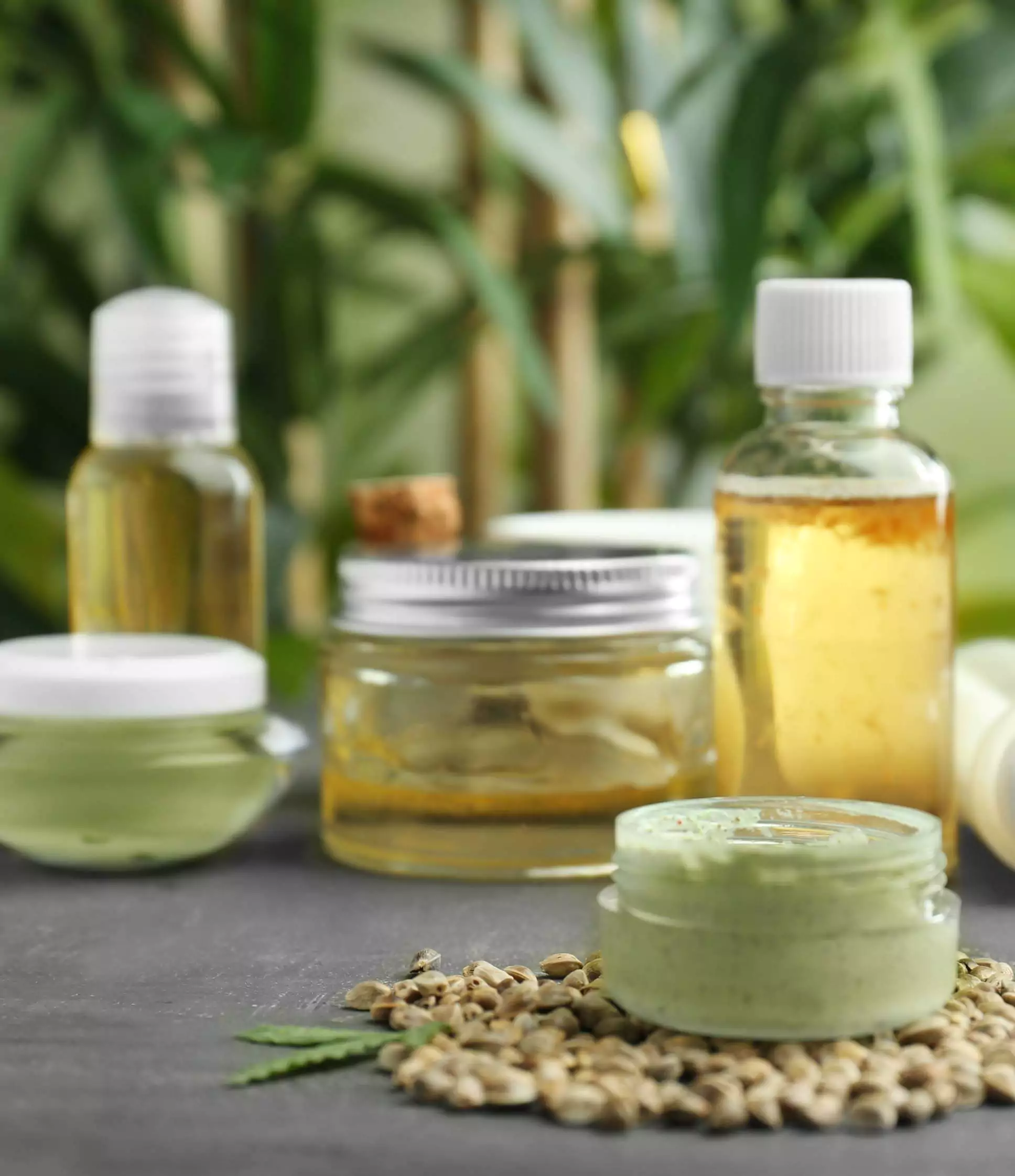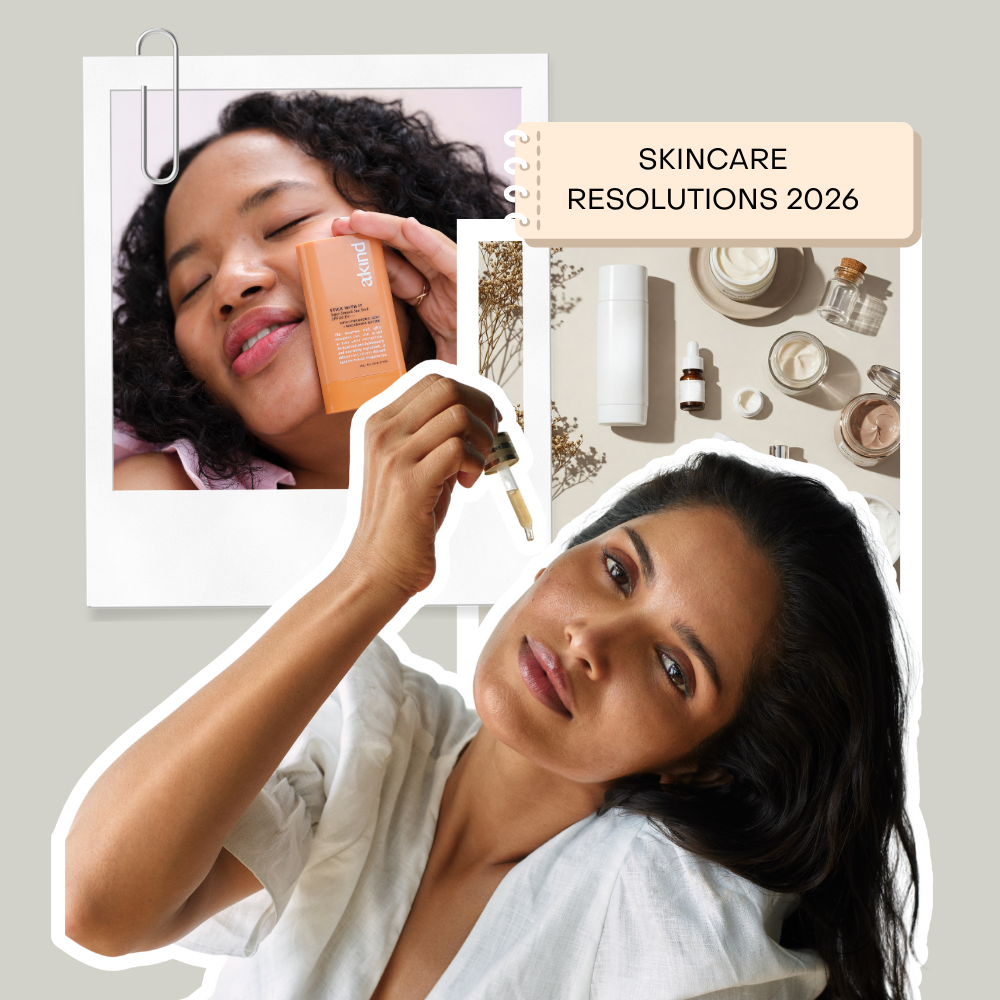
There was a time when opening a heavily scented tub of moisturiser was part of the sensorial skincare experience. The warm embrace of rose, vanilla, or even musks just seem to fit in so well with every routine. And then all of a sudden, fragrances in skincare were shamed—they were all branded with the scarlet letter. With the rise in demand for ‘clean beauty’, the term ‘fragrance-free’ also started becoming a priority for many. Why? Because the internet said so, that’s why! Have we falsely accused fragrances for being the villain? Misconception or actual truth - Dr Kiran Sethi, founder of Isya Aesthetics in Delhi, breaks down the hype behind fragranced skincare, whether it is really that bad, and why it shouldn’t quite receive the hate it does currently.
A deep dive
“Added scents or perfumes present in cosmetic products including creams, lotions, cleansers, and serums, are all fragrances,” explains Dr Sethi. “They are used to enhance the product’s smell and provide a pleasant sensory experience for the user. It’s important to note, however, that fragrances are not necessary for the functionality or efficacy of skincare products.”
According to Dr Sethi these fragrances come in different forms— essential oils, synthetic fragrances, natural fragrances that are derived from botanical sources, and fragrance blends that are composed of multiple ingredients. “Skincare is fragranced to improve the entire experience and also mask the natural scents of certain ingredients that may have an unpleasant odour,” she describes. Considering your sense of smell is what evokes emotions, Dr Sethi says this enhances the perception of luxury and therefore creates a more indulgent skincare routine.

The impact on skin
The effects fragranced skincare has on your skin depends entirely on each individual. For some, there may be no adverse reactions, while others may experience irritation, allergic reactions, redness, or sensitisation. Fact: Dr Sethi says that fragrances are actually considered to be one of the most common causes of allergic contact dermatitis—a condition characterised by skin inflammation and rash—however, it is dependent on the type of fragrance.
Is it really the antagonist?
We’ve hated and hated some more on fragranced skincare, but in reality is it that bad for the skin? According to Dr Sethi, they aren’t inherently ‘bad’ for everyone. Everyone is the keyword here. Those with sensitive skin, allergies, eczema, rosacea, or other skin conditions should avoid fragranced skincare products. This is because fragrances have the ability to irritate the skin, compromise your skin’s barrier, and aggravate certain skin conditions. “It is important to note that sensitivities can develop over time, so even if you haven’t experienced issues in the past, it doesn’t guarantee that you won’t develop a reaction in the future.” For people with sensitive skin, as well as these skin conditions, fragrance-free skincare products fit in better. The expert says that this helps minimise the risk of irritation or allergies.
Fragrance-free vs unscented
Wondering whether fragrance-free and unscented are pretty much the same? No they aren’t! According to Dr Sethi, fragrance-free products do not contain added fragrances, but they still have a natural scent from the ingredients present in the formulation. Unscented skincare, however, typically contains fragrance-masking ingredients that neutralises or masks the inherent odour of the formulation. These have a mild scent or no detectable scent at all.
In all honesty, the hatred behind fragranced skincare, especially in recent times, has been uncalled for! As long as you’re not one with sensitive skin, certain skin conditions or allergies, then these products are safe to use. And if you do feel unsure about your skin’s tolerance to fragrances, then Dr Sethi suggests opting for fragrance-free skincare products to minimise the risk of irritation or allergies.








.webp)






















